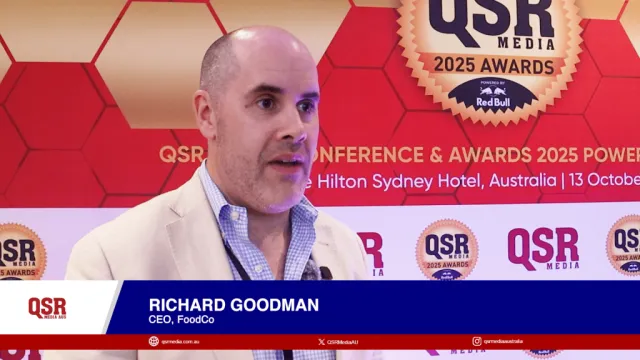Join the community
Thought Leadership Centre
Most Read
1. Weekly Global Wrap: Mixue debuts in the US; TGI Fridays UK to shut 20 sites; Krispy Kreme sells Japan unit 2. Social Media Wrap: San Churro’s new gelato flavours; TamJai Mixian unveils new drink; OG Charcoal Chicken Meal lands in El Jannah 3. Hunter St. tests QSR with fish-and-chips launchResource Center
Awards
Oct
12
Events
Event News
Executive insights
Why Macca’s spends $60m on training annually
1 in 12 Australians often get their first job from the fast-food chain.

















Commentary
Why Marginal Fast Food Agreement fails BOO-Test hurdle
Why Marginal Fast Food Agreement fails BOO-Test hurdle
How to wisely franchise QSRs in Australia
Things you must find out about the latest changes in food labelling
What franchise systems must keep in mind in media training
6 ways franchisees can dodge business failures
La Porchetta underpayments expose brand risk
Here's what you need to know about Industry Trade Shows
4 ideas on what's next for nutrition labelling
Check out the latest QSR innovations everyone's buzzing about
Find out how QSR procurement executives can achieve 'The China Price'
A quick guide to finding the best talent in the market
How bagging awards can boost your company
Why there's no excuse for QSRs to ignore nutrition
5 things you shouldn't forget when fitting out a QSR venue
3 things to think about in the Penalty Rates Case
3 PR tactics QSRs must know to stay ahead
What most people forget about the Franchising Code of Conduct